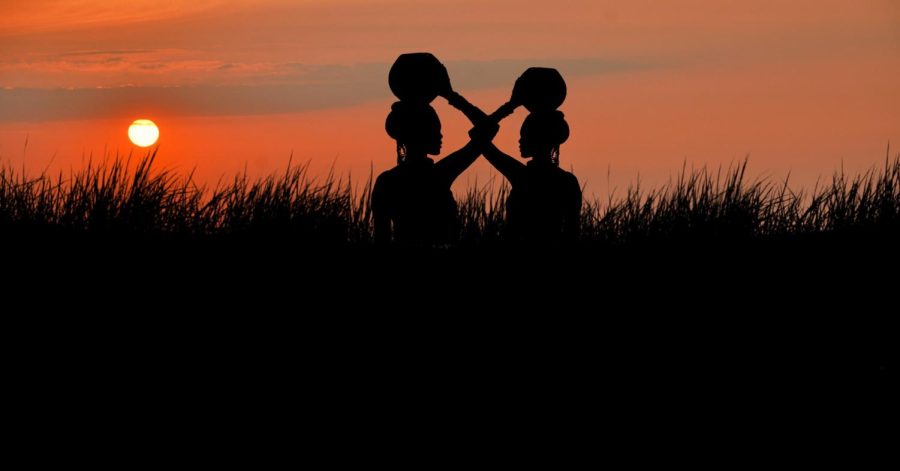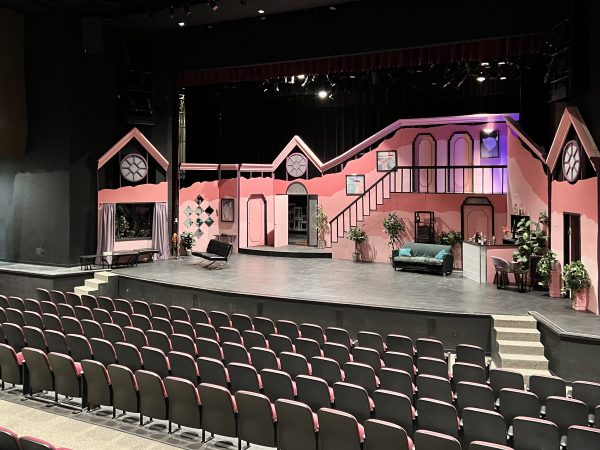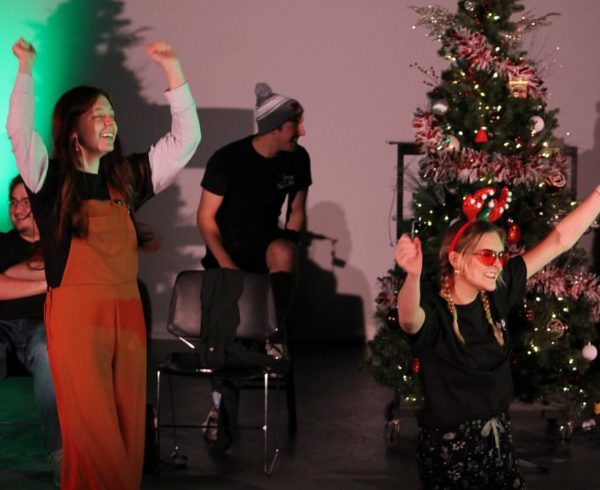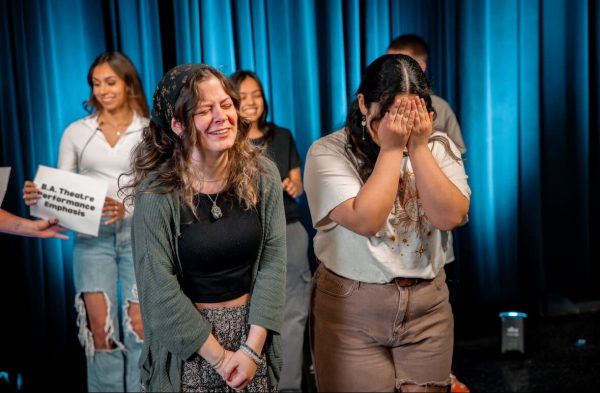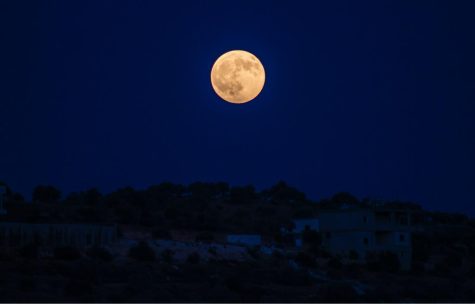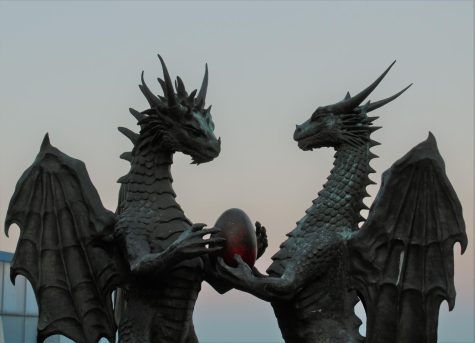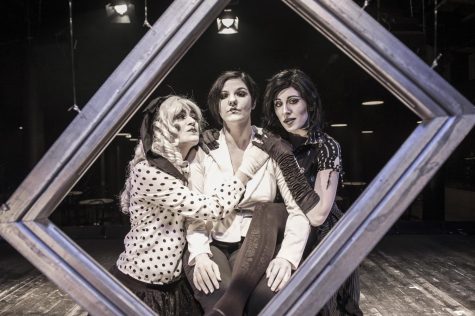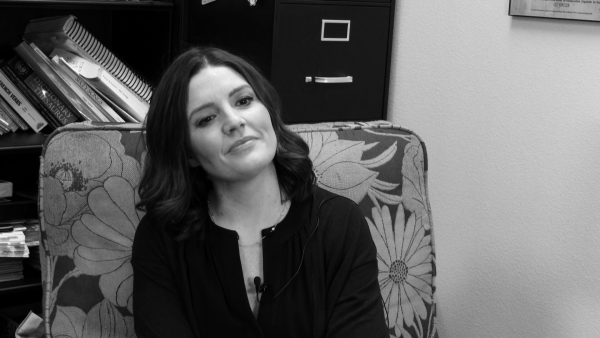“The Woman King” an afro-feminist epic
I just saw woman king--and wow, what a disservice twitter has done to this film. and honestly, what a disservice which ever film company distributed this has done to it's stars/director and film itself.
— RustBelt Rebel ("RustBeltRebel) October 2, 2022
*Spoiler warning
Trigger warning. I watched The Woman King on Sept. 30 2022 and it brought on a host of emotions. While I understand that there is controversy around the subject matter I think the film did a good job of referring to the slave trade. All in all, it was an epic tale of women who fought to protect their kingdom.
The film begins with laying out the setting. We are in the Dahomey Kingdom set in the 1800s. We follow female warriors, named “Agojie” who protect their kingdom against the warriors of the Oyo empire and the European slave traders. The Oyo empire requires tribute from the Dahomey kingdom, but the new king and Nanisca (Viola Davis), the head female warrior (future woman king in the film) don’t want to give in.
Within the film, there is the theme of sexual assault and the consequences of assault. Nanisca is faced with an Oyo warrior that had violently assaulted her previously and once she faces him for the rest of the film she seeks to kill him. From the beginning scenes of the film, in which the Agojie kill a group of farmers who have taken women as slaves, we know Nanisca will be successful.
Aside from Nanisca’s story, we also follow her daughter Nawi (Thuso Mbedu), who is a stubborn warrior who must learn to keep her head on her soldiers. She is formidable throughout the film, saving her friend Fumbe (Masali Baduza) during the final competition and teaching the Agojie to manipulate gunpowder for their benefit.
Friendship and family are important in the film, as the warriors make connections based on the trauma they have experienced. One of the head female warriors Izogie teaches Nawi that she has to learn to obey orders but eventually understands Nawi has her own mind. They become very close friends. Another friendship is with Nanisca (Viola Davis) and Amenza (Sheila Atim). Amenza is a warrior and is able to speak to the Ifá which allows her to help Nanisca make amends with her past.
The movie is also incredibly violent, as the women mercilessly kill their enemies. Their war is a dance, and with their colorful clothes and their wondrous makeup they fight with intense focus. I loved the action within the film, as I squirmed in my seat whenever there was too much gore. I squirmed more than I cried, but I really loved to see the women fight.
The film is far from a comedy, but there were elements of comedic relief. For example, in the film one of the king’s concubines Shante, wants to be the woman king (despite hiding in a closet when they were in danger one time) and the king is always telling her to stop annoying him. The king is also very funny as he looks at all his concubines and calls each of them beautiful (even though he has so many wives).
Although the movie has been labeled “revisionist history” by some, Nanisca is constantly telling the king that they need to stop selling slaves. It’s not a perfect way to refer to the issue of historical accuracy, but it works. At the end of the film, Nanisca becomes the woman king and the ending scene has all the women dancing, just as they do when they fight.

My name is Victoria Fatiregun. I am in my senior year here at WTAMU. I am an English major and I am keen on entertaining the advertising and marketing...



